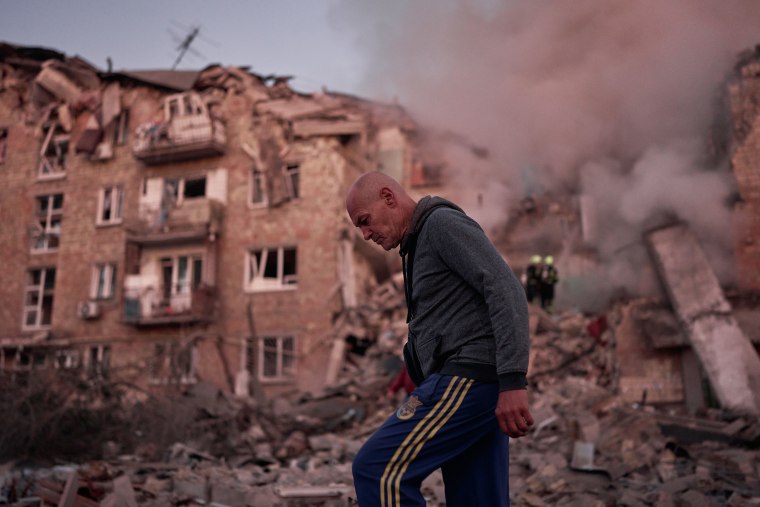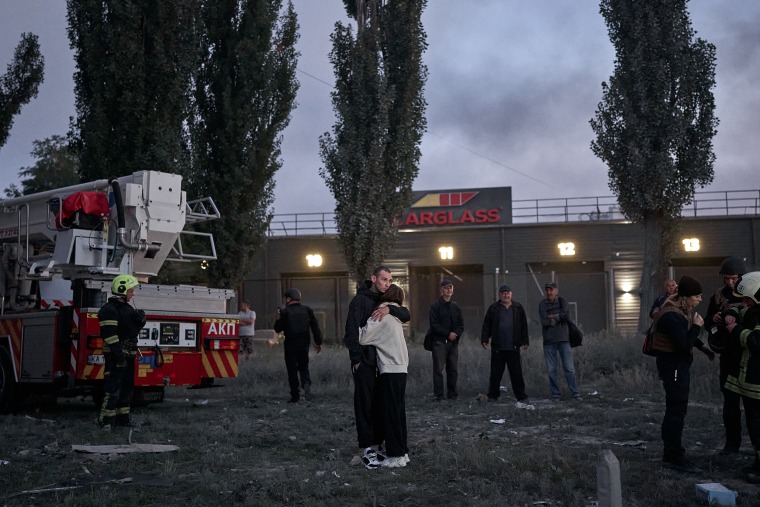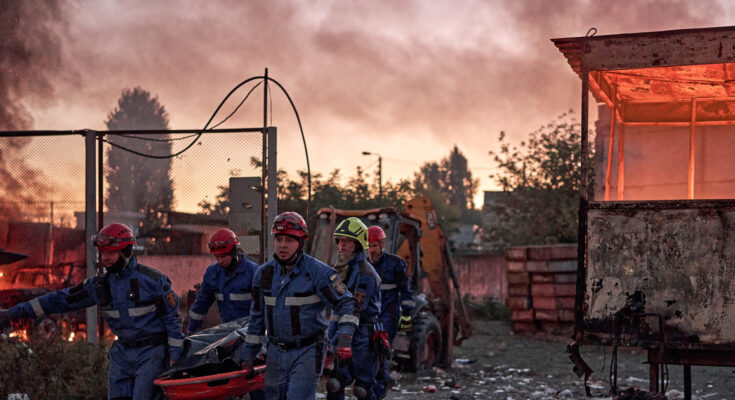Devastating Russian Assault on Kyiv: A Night of Terror and Loss
The Ukrainian capital, Kyiv, endured a brutal and unprecedented overnight assault on August 28th, 2025, leaving a trail of devastation and loss in its wake. This attack, one of the most significant since the conflict began, resulted in at least fifteen fatalities, including four innocent children, and injured 38 more. The sheer scale of the assault, involving a staggering 629 drones and missiles launched across the country, underscores the escalating brutality of the conflict.
The Human Cost: Stories of Survival and Loss
A City Under Siege
The attacks targeted over twenty locations across Kyiv, causing widespread damage to homes and infrastructure. Approximately 60,000 residents were left without power, plunging neighborhoods into darkness and fear. The intensity of the bombardment was palpable, with several powerful explosions shaking the city center – a rare event in recent times. One resident, Yaroslava Samoilenko, described the terrifying experience of sheltering with neighbors, some of whom arrived in the shelter disheveled and traumatized, clutching blood-covered children wrapped in blankets. The harrowing sounds of screams from beneath the rubble hauntingly underscored the human cost of this aggression.
A Blogger’s Nightmare
Another Kyiv resident, blogger Iryna Chernyuk, recounted the sudden awakening to the “sound of powerful thunder,” her immediate rush to safety, and the unsettling sight of her neighbors’ blown-out windows upon emerging from the shelter. Her simple question, “How would it all have been if we had stayed at home?”, encapsulates the pervasive fear and uncertainty gripping the city.

The International Response: Condemnation and Diplomatic Efforts
The attack drew swift and unified condemnation from the international community. The European Union and the United Kingdom, both having their buildings damaged in the assault, summoned their respective Russian ambassadors to express their outrage. EU President Ursula von der Leyen confirmed that staff within the EU delegation were unharmed. The attack came amidst a stalled diplomatic push by President Trump to broker a peace deal, which seems increasingly unlikely given the Kremlin’s actions. This renewed aggression highlights Russia’s apparent prioritization of military force over peaceful negotiation, as stated by Ukrainian President Volodymyr Zelenskyy.
Russia’s Justification and the Global Impact
Russia’s Claim
The Russian Defense Ministry claimed responsibility, stating that the strikes targeted military air bases and elements of Ukraine’s military-industrial complex. They asserted that all designated targets were successfully hit, deploying long-range weapons, including Kinzhal missiles. However, the civilian casualties starkly contradict their assertions of precision targeting.
Economic Ramifications

The escalating conflict has also had a significant economic impact. The attacks led to price spikes and fuel shortages in several Russian regions. While the Kremlin attempts to downplay the situation, claiming stability and the implementation of “step-by-step measures,” the reality on the ground paints a different picture. Videos circulating online show an oil refinery fire in Samara, a region affected by Ukrainian drone strikes, further demonstrating the impact of the conflict’s expansion.
Ongoing Conflict and Future Outlook
Despite the Kremlin’s stated interest in continuing negotiations, Russia has intensified its attacks in recent weeks. A previous massive strike in July resulted in at least 31 deaths, marking the deadliest attack on Kyiv earlier that year. Furthermore, Russia’s brief incursion into the Dnipropetrovsk region, quickly repelled by Ukrainian forces, highlights the ongoing fluidity of the conflict. As Kyiv seeks to secure crucial security guarantees from its allies, high-level meetings between Ukrainian and international officials are scheduled in New York.
The appointment of Olha Stefanishyna as Ukraine’s new ambassador to the U.S. underscores the importance of continued international support and diplomatic engagement. However, a recent Gallup poll reveals widespread American pessimism regarding the prospects of a successful peace agreement, with two-thirds expressing pessimism about a potential peace deal.


